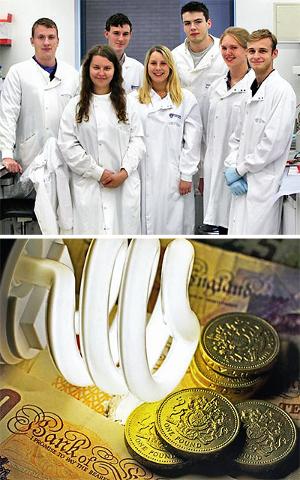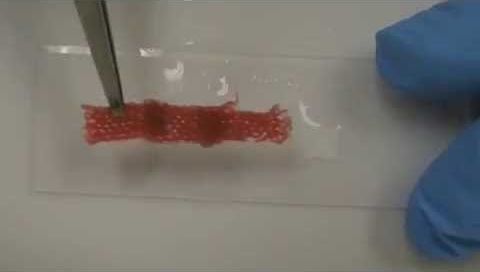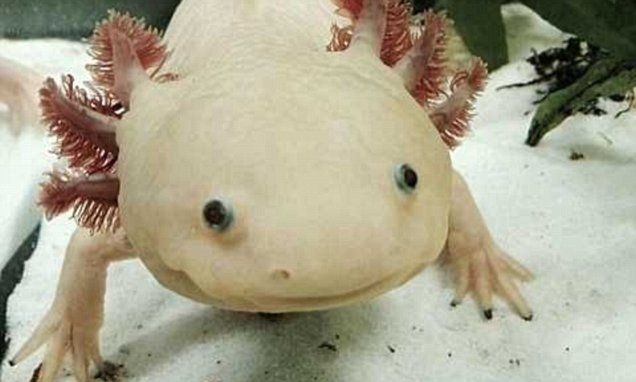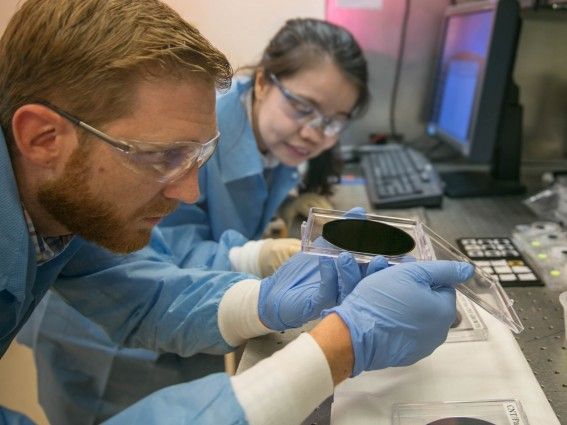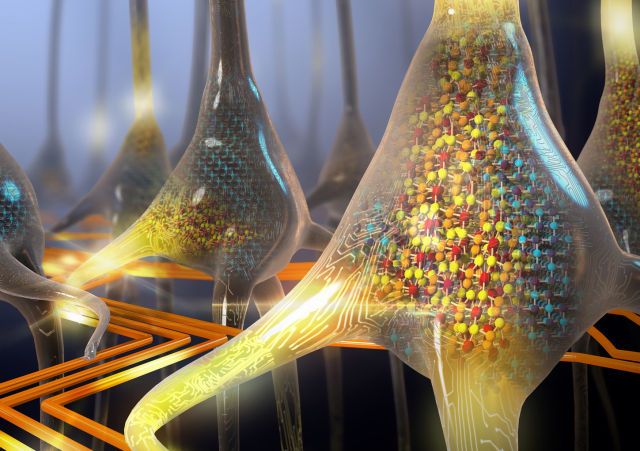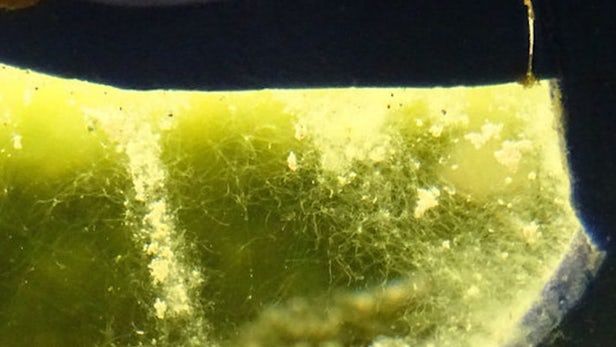Aug 13, 2016
UK scientists create biological lightbulbs
Posted by Karen Hurst in categories: bioengineering, biological, genetics
They discovered genetically engineered bacteria’s response to shocks.
Genetically engineered E coli bacteria responds to electric shocks by producing a fluorescent protein that can be used as a light source. A team of undergraduate scientists at Newcastle University have created a lightbulb made up of living matter.
Like any other electric bulb, the living light glows to illuminate a room, but is made by replacing some of the traditional electric components in a lightbulb circuit with biological parts.
Continue reading “UK scientists create biological lightbulbs” »
